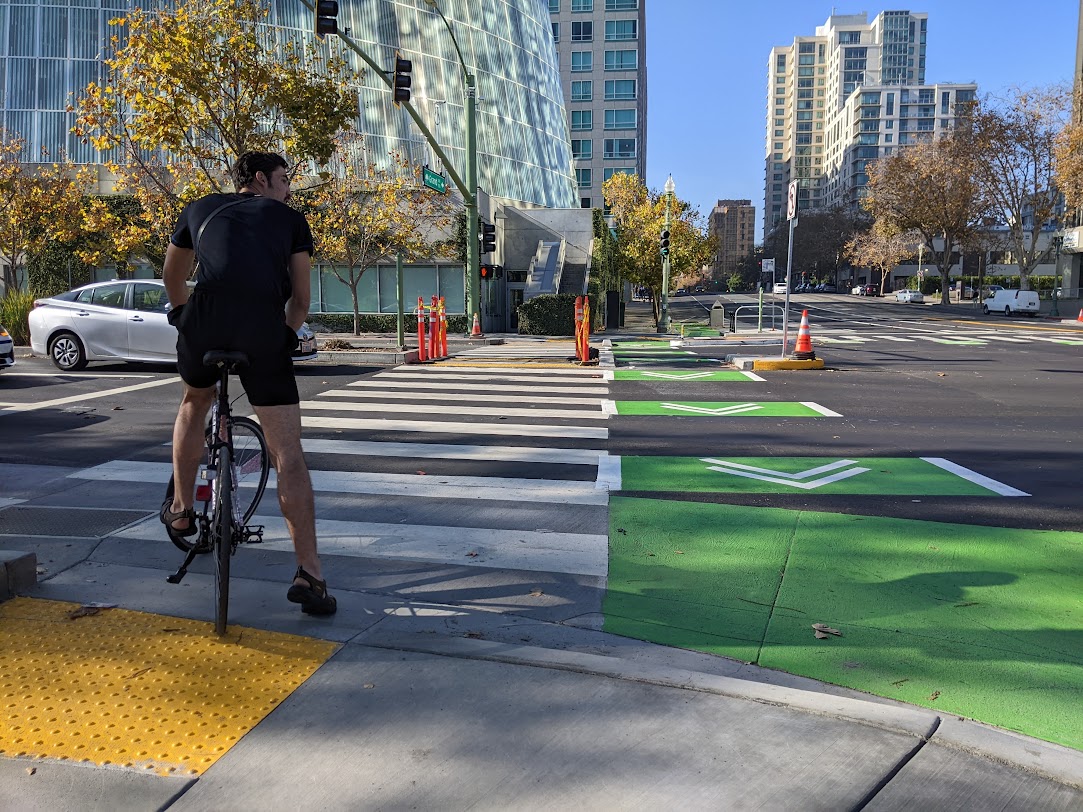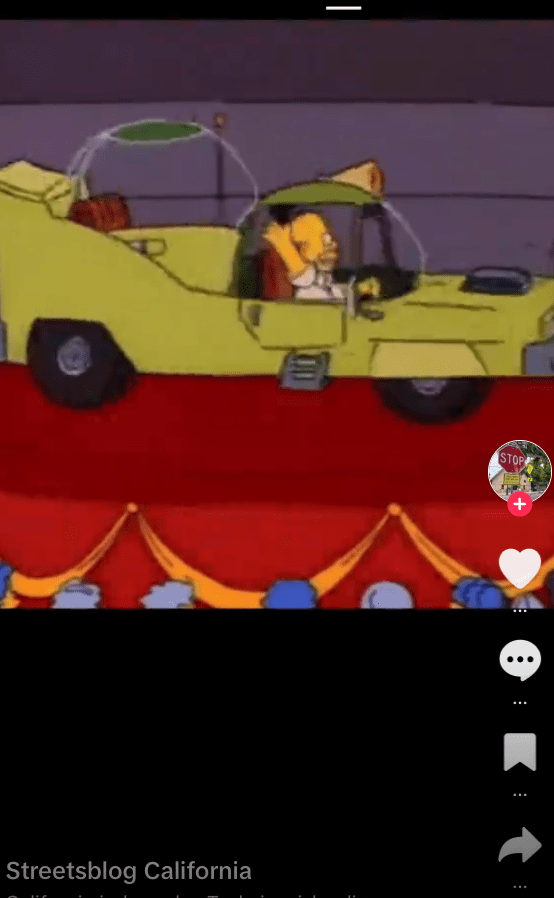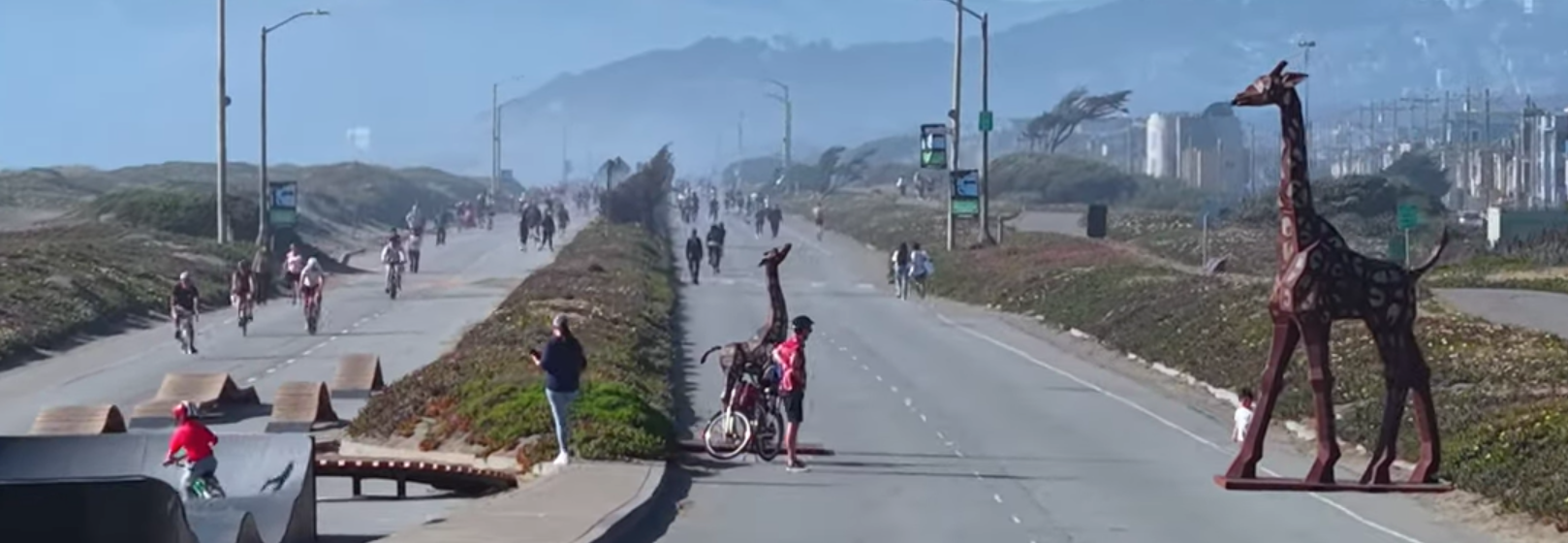This spring, the Chicago-based Center for Neighborhood Technology made a big policy splash when they released the Housing and Transportation Affordability Index. CNT's work -- including a nifty mapping tool
-- made it easy to see that "affordable" housing wasn't so affordable
when it's located in car-dependent areas that come saddled with high
but underappreciated transportation costs.
Over at Grist, Jonathan Hiskes reports that CNT has turned their data into a consumer-friendly web app called Abogo
(a portmanteau of "abode" plus "go"). With Abogo, currently in
beta form, you enter an address and it spits out the average monthly
transportation costs you can expect to pay, and how that compares to
the regional average. You can also look at a neighborhood, city or region and look at how it stacks up:
 In the Abogo mapping tool, the Bronx shows up as a green area with low transportation costs.
In the Abogo mapping tool, the Bronx shows up as a green area with low transportation costs.Hiskes writes:
CNT's hope is that theinformation nudges homebuyers and renters toward more compact, walkable places-- or at least gives them a more realistic picture of what it costs to live inauto-dependent neighborhoods.
"When you choose ahome, you're choosing a location and everything that has to do with thatlocation," said Stefanie Shull, a CNT policy analyst. "That location determineshow much you're going to have to drive to take care of your daily needs."
Earlier this week, Hiskes highlighted another piece of location visualization news: The folks at WalkScore are about to update
their own consumer-friendly web app for prospective movers. WalkScore's
rating system will soon
reflect actual walking routes, instead of as-the-crow-flies distances,
which will spell the end of walkability algorithms based on the notion
that one can walk across buildings, highways, and bodies of water.
Next up: The Abogo/WalkScore mash-up?
More from around the Network: David Alpert at Greater Greater Washington vouches for mayoral challenger Vince Gray's smart growth cred. My Wheels Are Turning,
a member blog out of northern Michigan, notes that the local bike boom
in Traverse City has been accompanied by an uptick in sidewalk riding.
And the Austin Contrarian critiques the decision to attach a big surface parking lot to a new city library.




